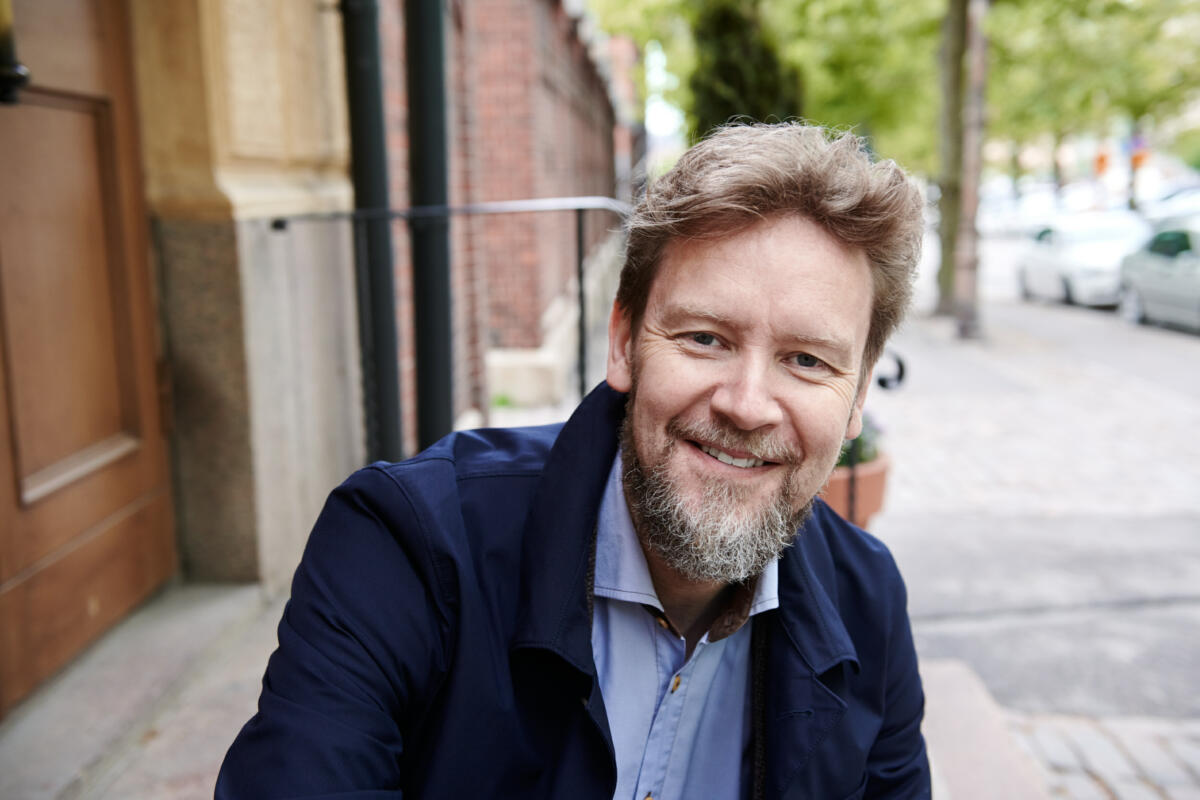Divided foreign policy has consequences for universities
Over the summer, the European Union imposed sanctions on Israel’s settlement policy, calling it a serious and systematic violation of human rights. In September, Finland voted in favour of a United Nations General Assembly resolution, where 124 member countries demanded Israel to pull out of the Palestinian areas it had occupied.

The decision sparked surprisingly strong criticism among the Government, when taking into account the EU’s position and Finland’s reputation as the defender of human rights and the rules-based international system. Similar divisions in Finland’s foreign policy have also come up in questions of international environmental policy, such as views on the nature restoration law and the directive on corporate sustainability due diligence.
Finland’s foreign policy positions are being shaped amid tensions involving superpower relations and domestic policies. The latter tensions, in particular, are a poor reason for having an inconsistent stance – this lack of unity exposes us to hybrid influence, which feeds on political conflicts and aims to weaken society.
The first step in solving a problem is acknowledging it. It is a challenging scenario to try to maintain trust in our political system if there are people questioning climate change, biodiversity loss and human rights violations as other people in the group are simultaneously trying to fight these problems. It is all the more common that frustration over divided politics leads citizens who are concerned about the global situation to pursue alternative influencing methods by engaging in activism, for example. Heightened tensions in society often result in a deeper divide.
Over the last two years, this frustration has been clearly visible on university campuses. When the Government lacks a clear foreign policy vision, universities and other institutions are expected to take a political stance on international conflicts. Universities are expected to do something that people feel that the Government is not capable of doing. This is a message that we should take seriously.
Finland should continue its active role in the international community and take a responsible and clear stance on important global issues, such as the worsening Middle East crisis. When it comes to the most significant issues of foreign and environmental policy, our small country must put unity and coming up with solutions ahead of party-political battles over power. This would not only strengthen the impact of politics and people’s trust in Finland and in democracy but also give institutions and communities the possibility to focus on finding solutions to crises in ways that are organic to them.
The universities are committed to generating knowledge and competence for solving crises. The impact of the work depends on the existence of political will, however. Russia’s war of aggression showed how mutual political understanding over party lines makes it possible for other sectors of society to contribute to tackling challenges. Right now, we acutely need this on an even broader scale.
The article has been published on Helsingin sanomat’s Reader’s opinion column on 11 November 2024.